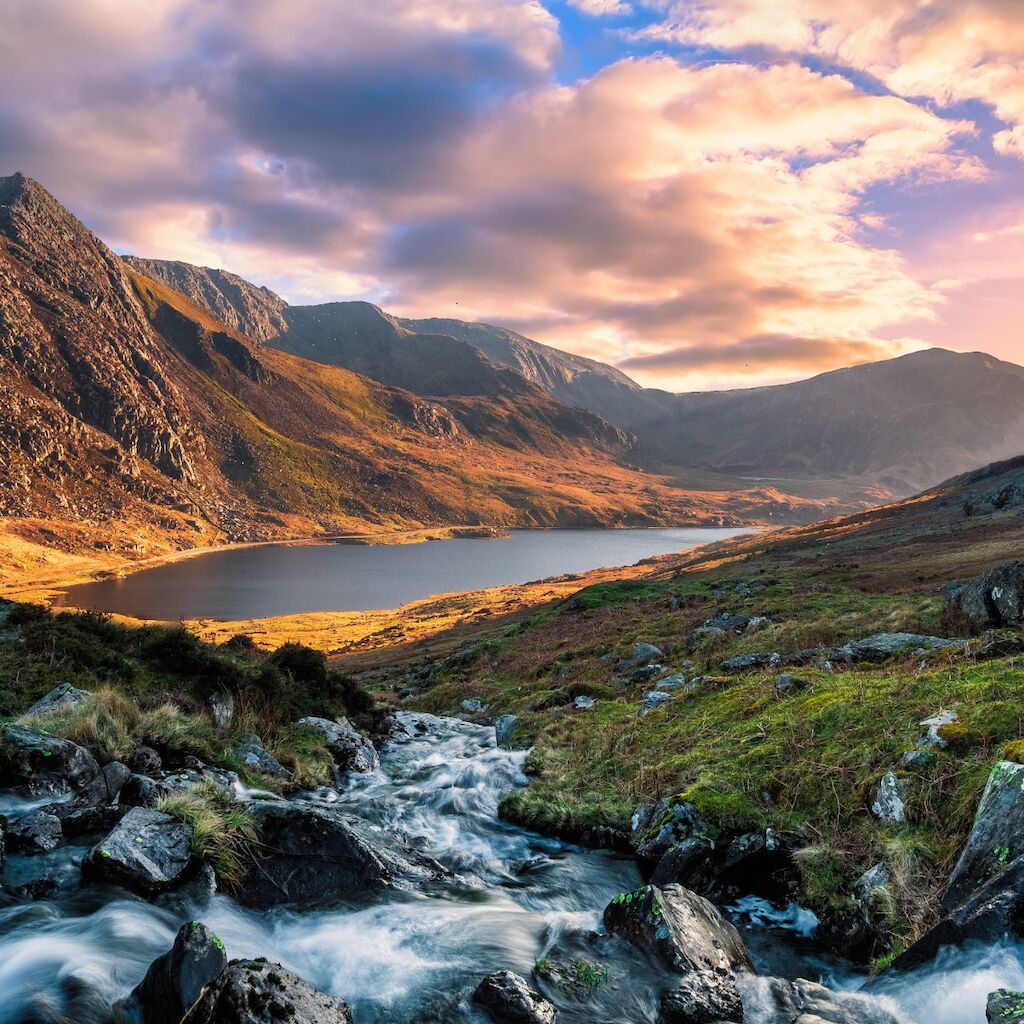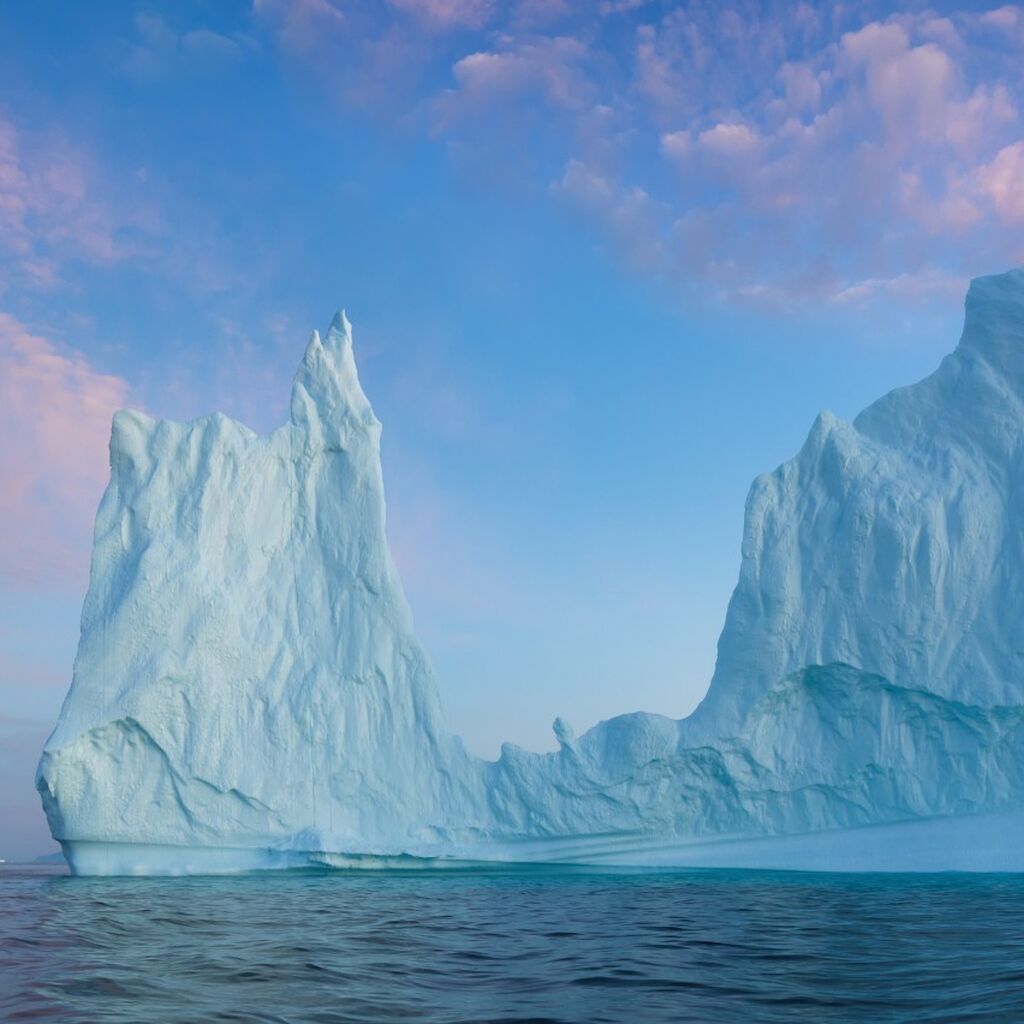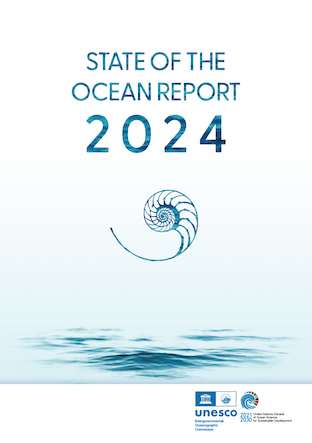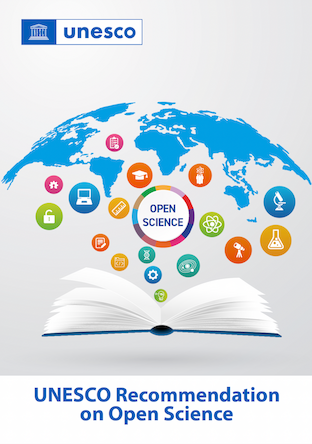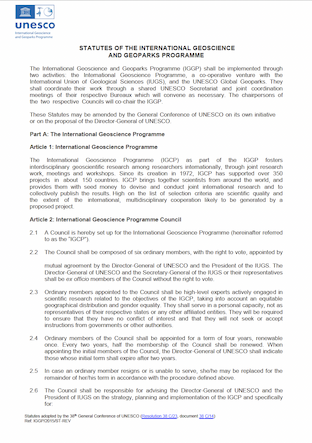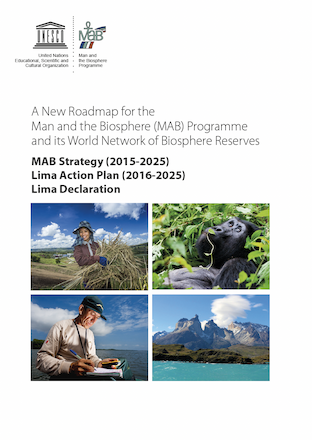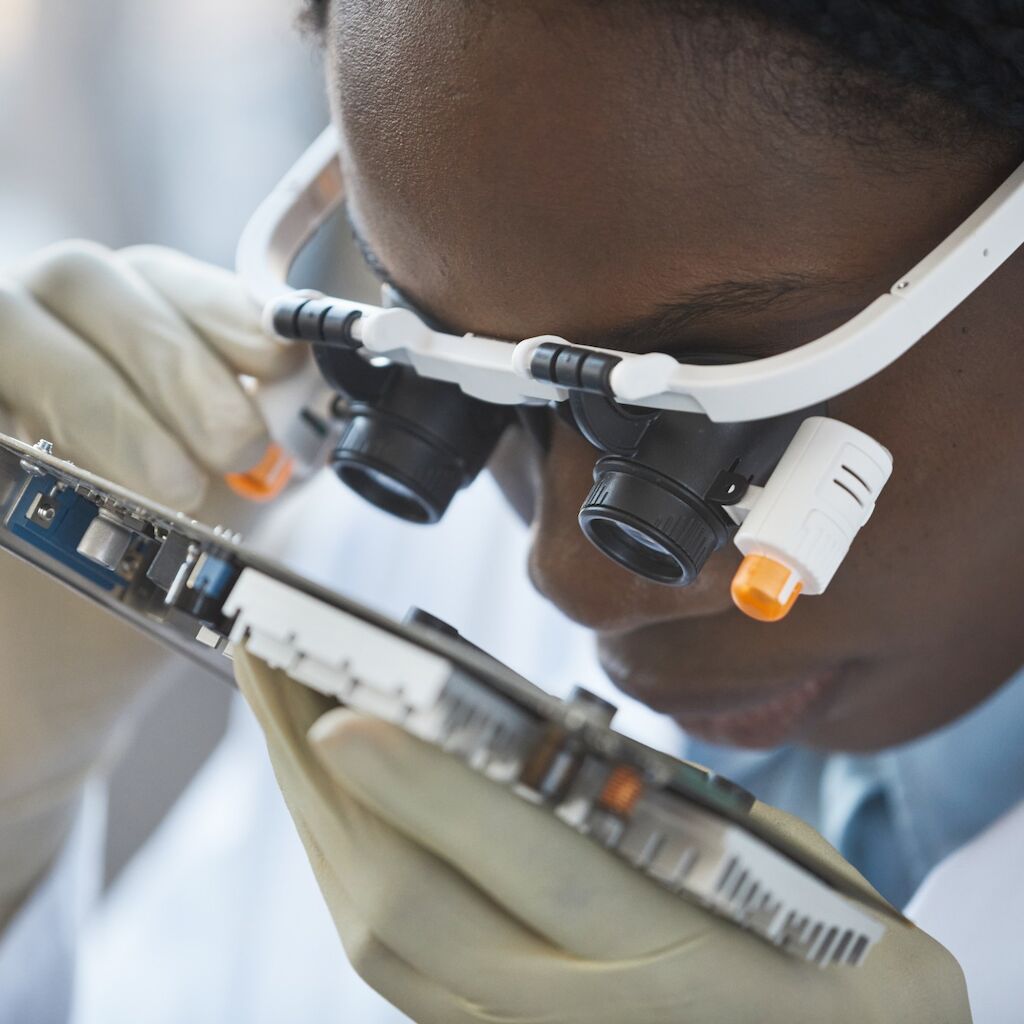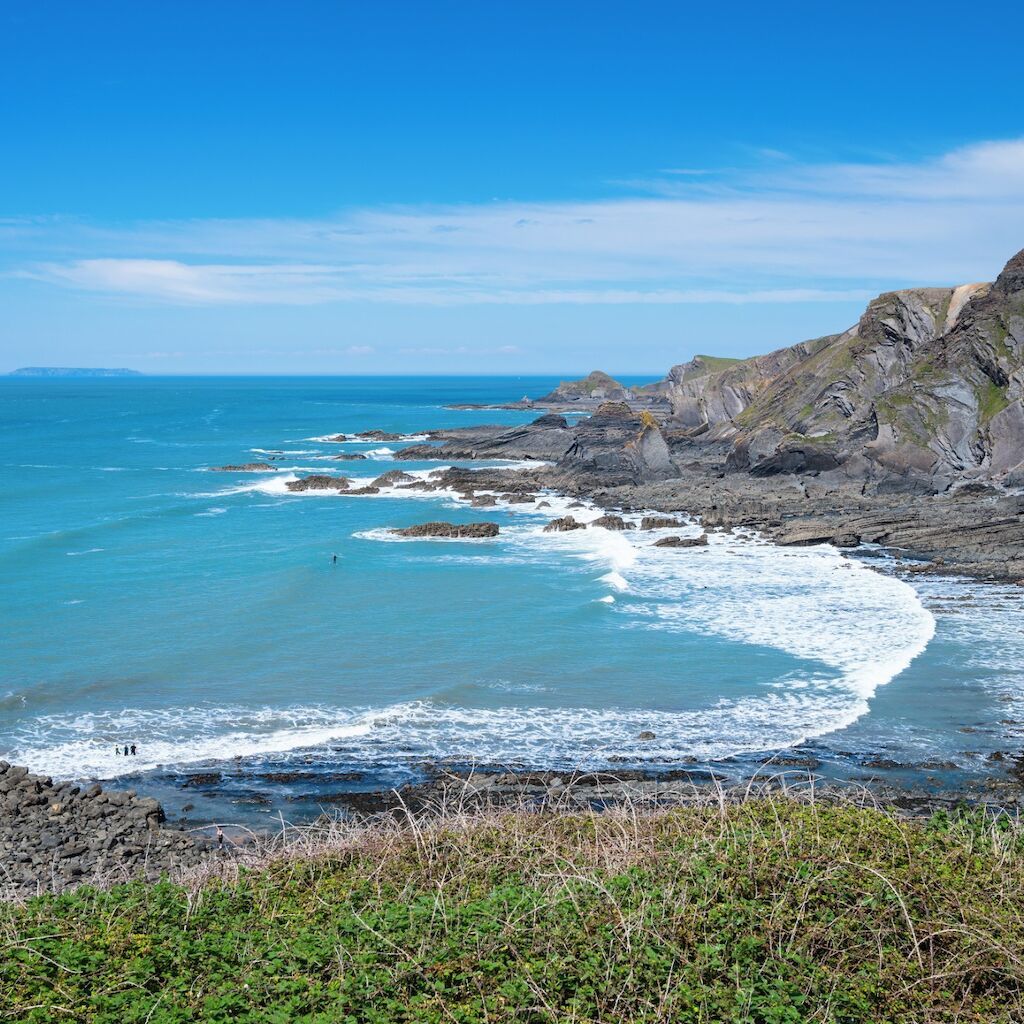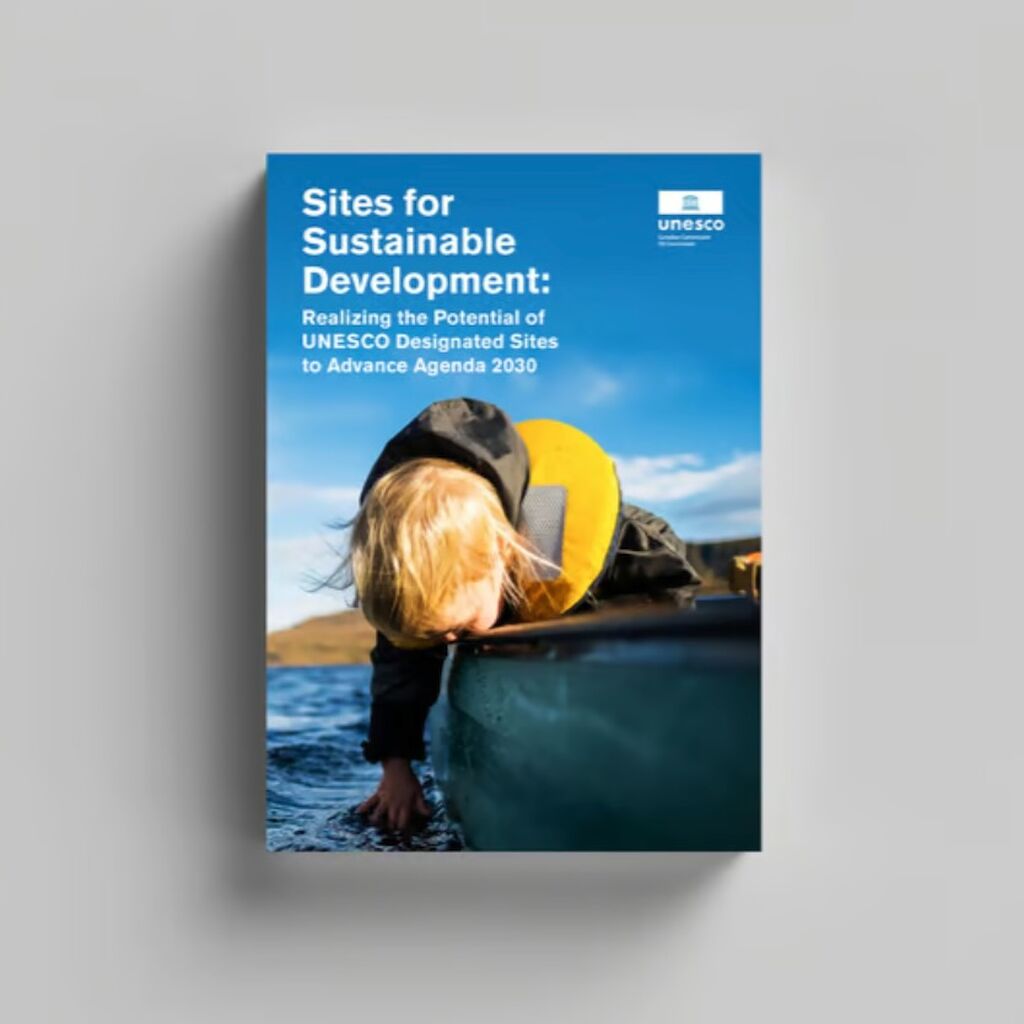As the only United Nations agency with a specific mandate for science, UNESCO works to advance and promote science in the interests of peace, sustainable development, and human security and well-being. The organisation has acted as a catalyst for the establishment of many scientific unions and bodies in both Social and Human and Natural sciences. Through the Intergovernmental Oceanographic Commission (IOC) UNESCO also leads on global Ocean science and governance.
Our work, and that of the UNESCO in the UK network, has a significant positive impact on the government(s) commitment to fulfilling UNESCO’s action on science globally. The UK is home to many science-related UNESCO initiatives, and our world-leading experts continue to shape, and have impact through, UNESCO’s global programmes.


